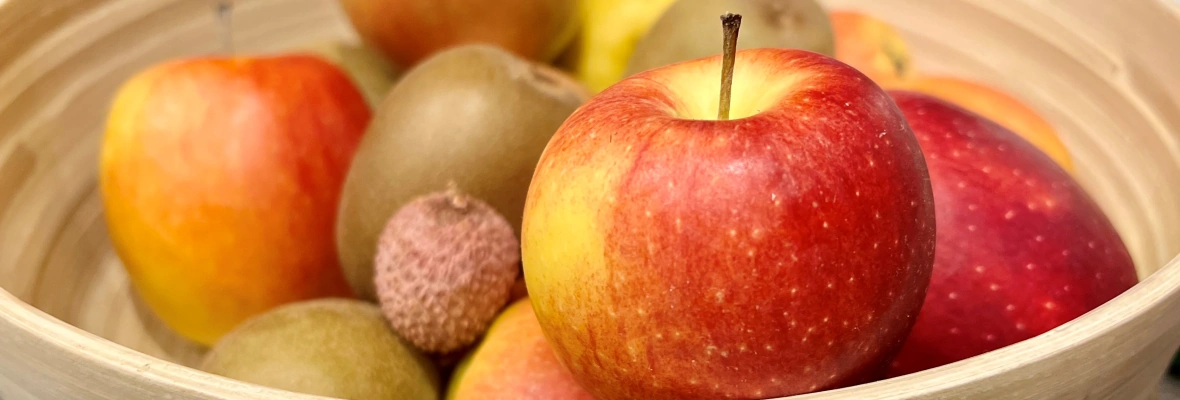Ius alienis rebus utendi fruendi salva rerum substantia. What at first glance seems like a very complicated incantation describes the legal institution of usufruct in the shortest and most succinct way possible: the right to draw fruits from another’s thing with the duty to preserve the thing itself. In other words, the usufructuary can use the thing like an owner.
What is the difference between usufruct and ownership?
The usufructuary cannot change the economic use of a thing. For example, he cannot turn a residential property into a commercial property, while he can, for example, rent it out according to its purpose.
The object of the usufruct must be non-fungible (i.e., not arbitrarily exchangeable, like money) and non-consumable (like gasoline). In most cases it is immovable property.
The usufruct is compulsorily limited in time and cannot pass by inheritance. It is extinguished according to the terms of the contract or upon the death of the usufructuary.
How is the usufruct constituted?
- By law: the parents are the legal beneficiaries of the minor child’s property.
- By contract: these contracts must be in writing, otherwise they are null and void, and must be registered with the land registry (in regions where the land registry is in force-including Trentino-Alto Adige-this registration has legal effect, which means that the right does not exist without registration).
- By will: by testamentary bequest, usufruct of certain property can be granted, always within the above limits.
- By adverse possession: the right of usufruct can also be constituted by twenty years of undisturbed exercise of the right and the will to adverse possession (animus possidendi uti dominus)-but this requires a declaratory judgment of the court.
It is possible to grant the same usufruct right to more than one person at the same time, and one person can hold several different usufruct rights at the same time.
The usufruct is a right in rem and is therefore attached to the object. This means that even if ownership changes, the real right remains rooted in the object. Appointment can be for consideration or free of charge.
Rights of the usufructuary:
- Enjoyment of the object as an owner;
- Receive natural fruits (e.g., the harvest of an apple tree) and civil fruits (e.g., the rent of an apartment);
- Grant and sell the right of usufruct–but always within the above limits and the time limit, which is at most the life of the original usufructuary;
- hypothecate the right of usufruct;
Duties of the usufructuary:
- Observe and maintain the purpose;
- Return the property when it expires;
- When taking possession of the property, prepare an inventory and pay a deposit, if applicable;
- Pay routine maintenance fees, taxes and fees applicable to the property (e.g., municipal property tax, IMU, land rents, garbage taxes, rental income taxes, etc.);)
- notify the rightful owner immediately of any disturbance of possession or interference by third parties and share in the costs of litigation in proportion to its legal interest.
Extraordinary maintenance costs, taxes and fees are the responsibility of the bare owner.
How does the usufruct terminate?
Upon the expiration of the usufruct, the bare owner or his legal successor finally becomes the owner in substance as well, that is:
- With the expiration of the period stipulated in the contract or will;
- With the death of the usufructuary or the expiration of 30 years (if the usufructuary is a legal person);
- With the renunciation of the beneficiary by notarized deed of renunciation, which is in essence equivalent to a gift;
- With a judgment establishing the right following a finding of gross abuse of right or breach of obligations (e.g., gross negligence in the periodic maintenance of the home, which drastically reduces its value);
- with the destruction of the thing (e.g., the collapse of the house due to an earthquake);
- With forfeiture of the right due to 20 years of non-use;
- With the transfer of the usufruct to the bare owner in any capacity (consolidation).
In practice, usufruct is often used when a person does not want to dispose of the property and wants to keep it available to heirs, but at the same time wants to leave almost all economic use to another person. The bare property can also be sold while the usufruct right is reserved for oneself, for example to obtain immediate liquidity but still a “condominium” for life.
The value of the usufruct right is measured by its duration. The older the beneficiary, the higher the value of the bare ownership and vice versa.

